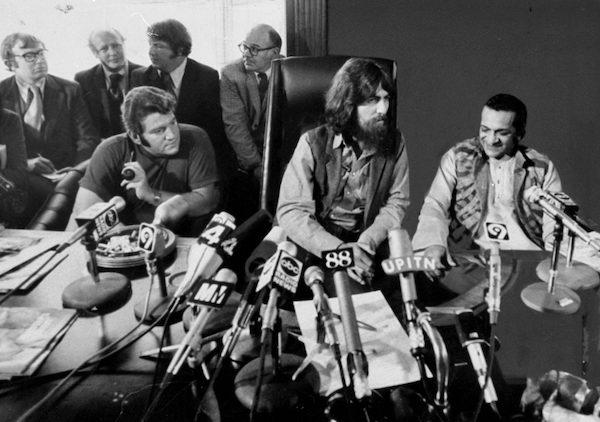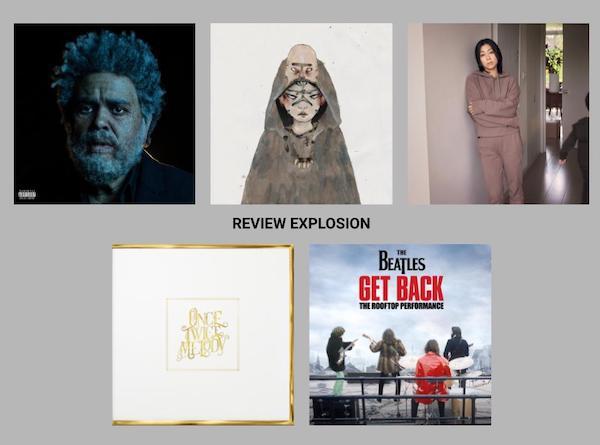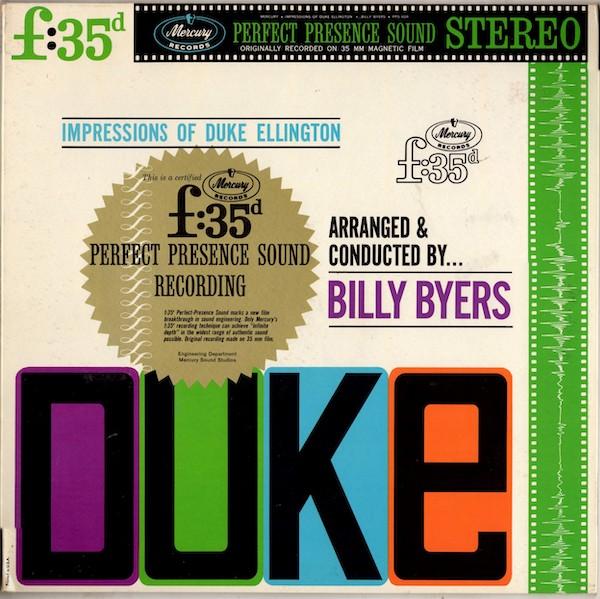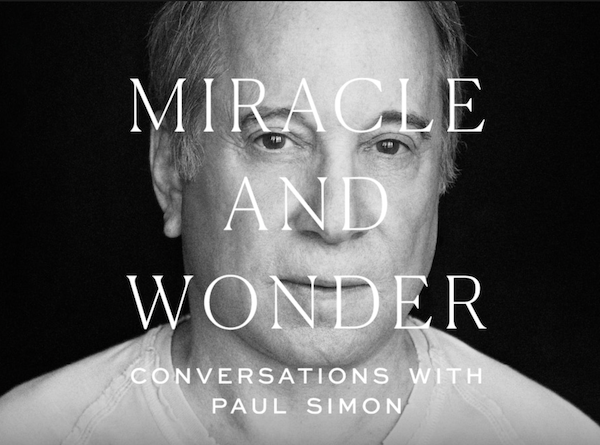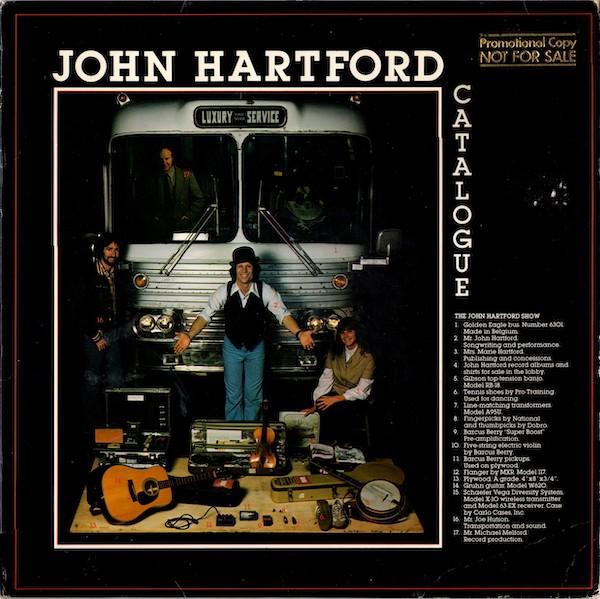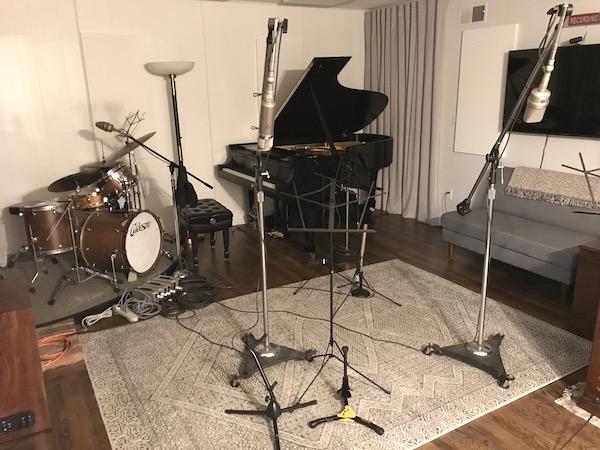Features
Sort By: Post Date TitlePublish Date
|
Apr 28, 2022
|
Apr 21, 2022
|
Apr 20, 2022
|
Apr 19, 2022
|
Apr 12, 2022
|
Apr 12, 2022
|
Mar 31, 2022
|
Mar 24, 2022
|
Feb 28, 2022
|
Feb 28, 2022
|
Feb 19, 2022
|
Jan 24, 2022
|
Jan 10, 2022





